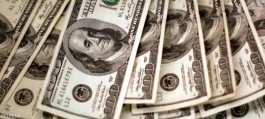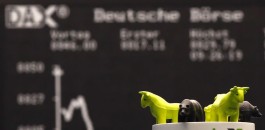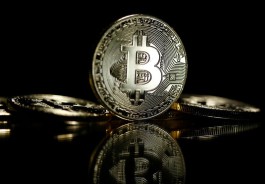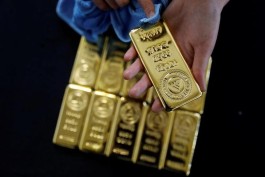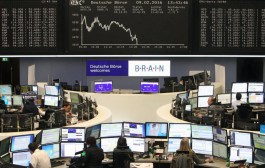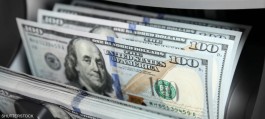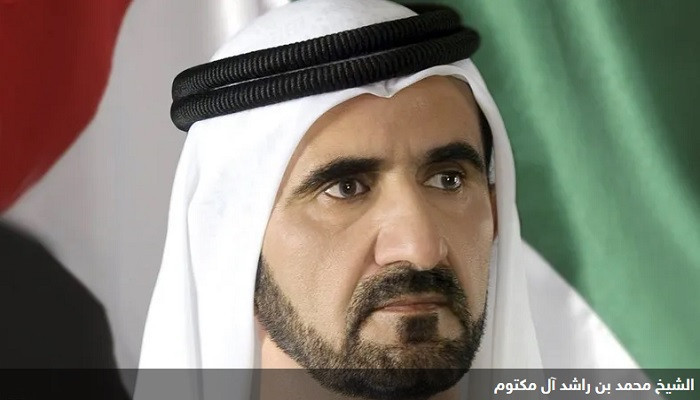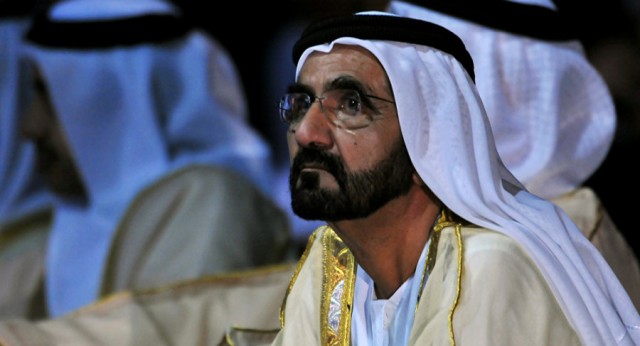Sheikh Mohammed bin Rashid Al Maktoum, Vice President and Prime Minister of the UAE and Ruler of Dubai, said that the UAE's foreign trade is accelerating and our international economic relations are growing, and the investment, tourism and real estate demand for the country is achieving unprecedented numbers, stressing that the UAE government will continue to provide the best business environment.
Mohammed bin Rashid, during his chairmanship of the cabinet meeting held at Qasr Al Watan in Abu Dhabi, yesterday, Monday, added that the foreign trade of the UAE in 2022 reached a historical record of more than 2.23 trillion dirhams, achieving a growth of 17%.
And Mohammed bin Rashid continued by saying: Today we adopted the national framework for environmental sustainability in the UAE with the aim of integrated preservation of ecosystems and ensuring the sustainability of our natural resources, and we also approved assigning the Ministry of Climate Change and Environment to coordinate all government efforts in the country in preparation for hosting the global event COP28.
Mohammed bin Rashid added: We also approved today assigning the competent authorities in the country to submit an urgent study to the Council of Ministers on the best way to benefit from new artificial intelligence technologies such as ChatGPT in government work .. and its future effects on the educational, health, media and other sectors .. and how to deal positively and safely with government. these technologies.
The Cabinet was also briefed on developments in the implementation of the country's Green Agenda 2030, as the UAE aspires by 2030 to achieve a qualitative leap to achieve the goals of sustainable development, in a way that enhances efforts to expand horizons towards the UAE Centennial 2071.
Work will take place during the coming period 2023-2030 to implement and follow up initiatives and projects to achieve the most important expected benefits when switching to a green economy in terms of an increase in GDP by 4% to 5% by 2030, and an increase in exports by about 24 to 25 billion dirhams by 2030. 2030, and reduce emissions from the energy sector from 430 kilowatt-hours in 2013 to less than 100 kilowatt-hours by 2030.
In the context of future strategic sectors, the Council of Ministers adopted a decision regarding the establishment of the National Space Fund under the management and supervision of the Emirates Space Agency, according to which the fund consists of three tracks: the capacity development track, the support track for space projects concerned with capacity development, and the grants track.
The Cabinet also approved the National Policy for the Security of the Internet of Things, the National Program for Cybersecurity Accreditation, the National Policy for Cloud Security, and a package of related policies aimed at enhancing complementarity and effectiveness in providing forward-looking solutions related to cybersecurity challenges resulting from technological development, and reducing the number of serious incidents by ( 20%, and boost technology adoption.
In support of national products, the Council of Ministers adopted a decision regarding the modernization of the “Made in the UAE” mark system, which includes simplifying the procedures for obtaining the mark by not requiring a certain percentage of added industrial value to encourage small and medium enterprises to obtain the mark, and allowing industrial facilities in free zones to obtain the mark after Fulfilling their requirements, and confirming the facility's commitment to product safety through the application of product conformity programs to specifications and relevant technical regulations, and compliance with the requirements of the federal law regarding product safety and its implementing regulations.
And the Council of Ministers approved a decision approving the structuring of Islamic sukuk, as the decision contributes to attracting a new class of investors in the internal public debt program and the external public debt program, to enhance the economic competitiveness of the state, and supports the sustainability of economic growth, and issuances of Islamic sukuk will also contribute to providing high Islamic assets. Quality to enhance liquidity management in the banking sector in the country.
















